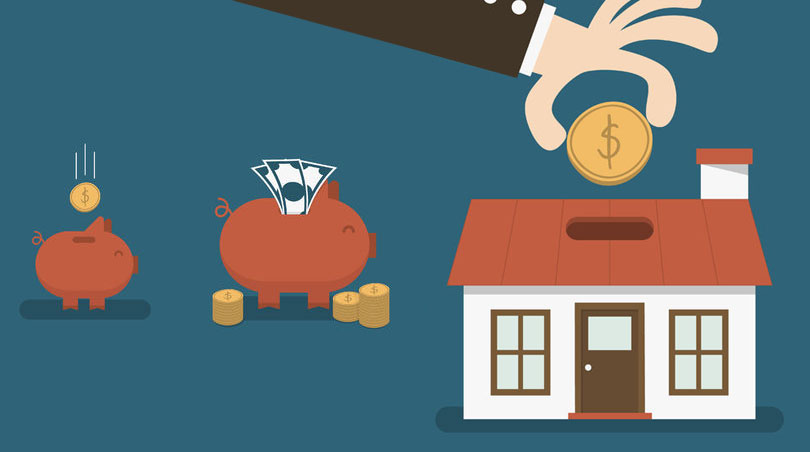Take Equity Out Of Your Home In Cash With An FHA Refi Loan
November 25, 2024
The FHA loan program has some competition in this area, but how do your other government-backed refinance loan options measure up?
There are different types of cash-out refi loans, and among the most popular options are the FHA cash-out option and the VA loan option. Let's break down how they work and who they're best for.
FHA Cash-Out Refinance
FHA loans are insured by the Federal Housing Administration, which makes lenders more likely to offer them better terms to borrowers with less-than-perfect credit or who are new to the job market.
How FHA cash-out refinancing works:
You apply for a new mortgage loan: This new loan pays off your old mortgage and gives you the extra cash.
The cash can be used for almost anything: home improvements, debt repayment, college tuition—any purpose acceptable to the lender.
You make payments on the new loan: Like your old mortgage, you'll have monthly payments and mortgage insurance to cover.
Who's a good fit for an FHA cash-out refi?
Homeowners with some equity: You must have built up some equity in your home to borrow against it.
Decent credit score: While FHA loans are more forgiving than some other types, your borrower takes more risk with transactions that involve cash back to the borrower.
Steady income: Lenders want to see that you can afford the new loan payments.
VA Cash-Out Refinance
The Department of Veterans Affairs guarantees VA loans for veterans, qualifying military, and eligible surviving spouses. Not all house hunters qualify for this option.
Here's how VA cash-out refinancing works:
Similar to FHA, you get a new, larger mortgage: This pays off your current loan and gives you cash back.
You can use the cash for almost anything: Just like with FHA, you have flexibility in using the funds.
You repay the new loan: You'll have a new loan term and monthly payments.
Who's a good fit for a VA cash-out refi?
Eligible military personnel and their families: This is a key requirement.
Sufficient home equity: You'll need equity to borrow against, so it's wise to own your home for several years before applying.
Meeting VA requirements: There are specific requirements for service history and creditworthiness.
FHA loans have limits that differ by county, but VA loans generally don't have limits for those with full entitlement.
Regarding credit score requirements, FHA loans tend to be more lenient, while VA loan requirements can vary based on the lender and other factors. A significant advantage of VA loans is that they don't require mortgage insurance, which FHA loans do. However, VA loans may have a funding fee, although some borrowers are exempt from this.

FHA Loan Articles
December 9, 2021This wait isn’t easy when you've been shopping for a new home. But getting a home inspection is a crucial step, and not one you should consider skipping. Make sure you hire a reliable home inspector, wait for your inspection report, and watch out for these red flags.
November 2, 2021Interest rates started to decline in 2019 and still seem considerably low. The average rate for a 30-year, fixed rate home loan has fallen from 4.94% in November 2018 to 3.13% in October 2021. A point drop in your interest rate could translate to huge savings with each monthly payment
October 30, 2021The FHA Rehabilitation Loan program allows lenders to cover the purchase or refinance, as well as the rehabilitation of the home, as part of a single mortgage. This loan can be used to finance a property that is at least one year old with a total cost of repairs amounting to at least $5,000
October 16, 2021The FHA’s aim is to make homeownership more affordable and accessible for Americans, and it has been doing so for decades. It insures home loans made by FHA-approved lenders so borrowers can purchase single-family and multi-family homes in the US and its territories.
September 20, 2021A down payment is an upfront installment or part of a larger amount paid on a purchase. The remainder is paid off in separate installments, usually with interest, as part of a loan. The down payment represents your initial ownership stake in the home you continue to make payments on.







